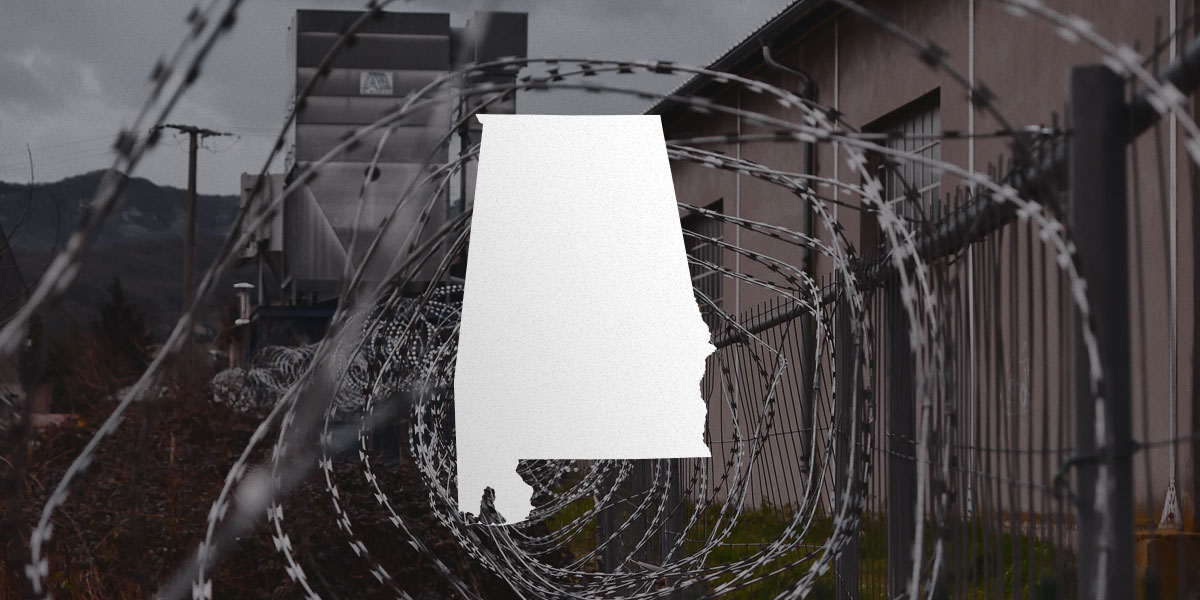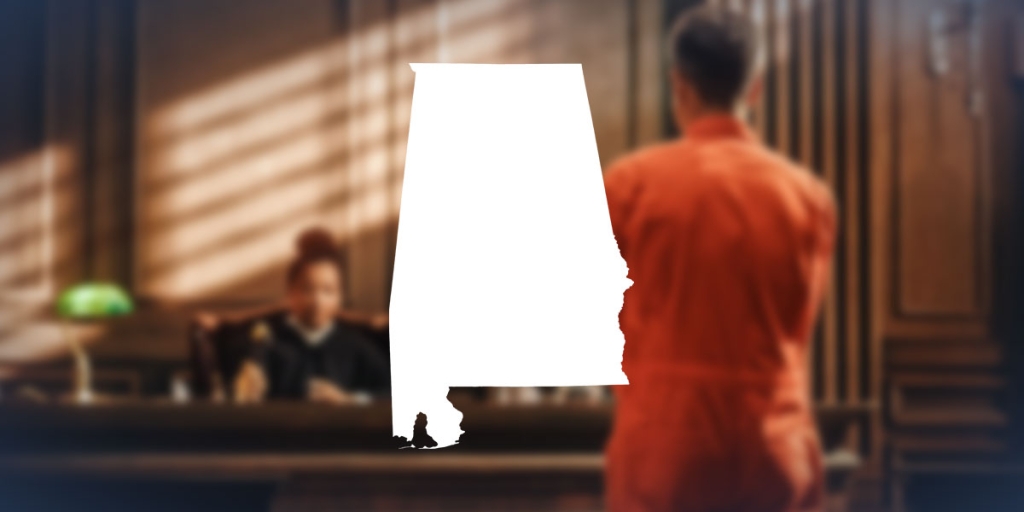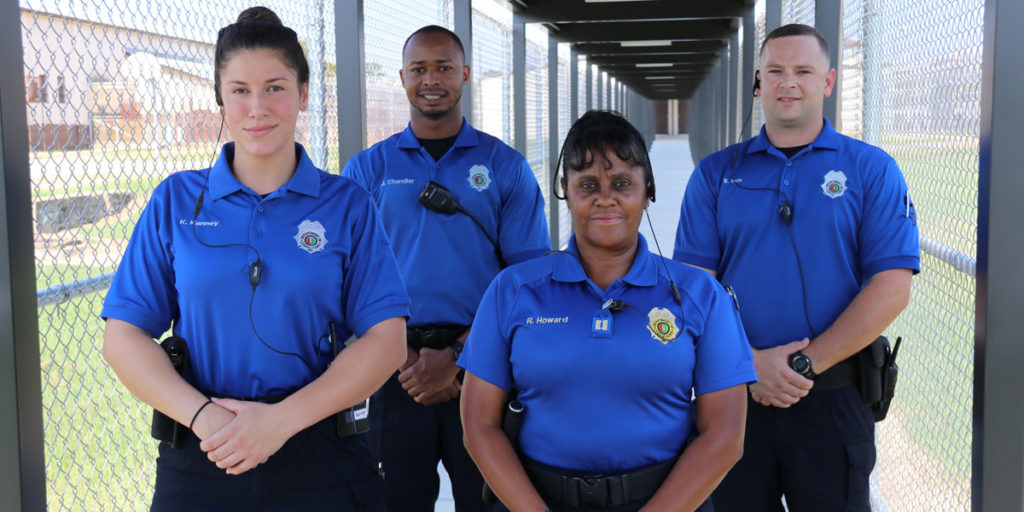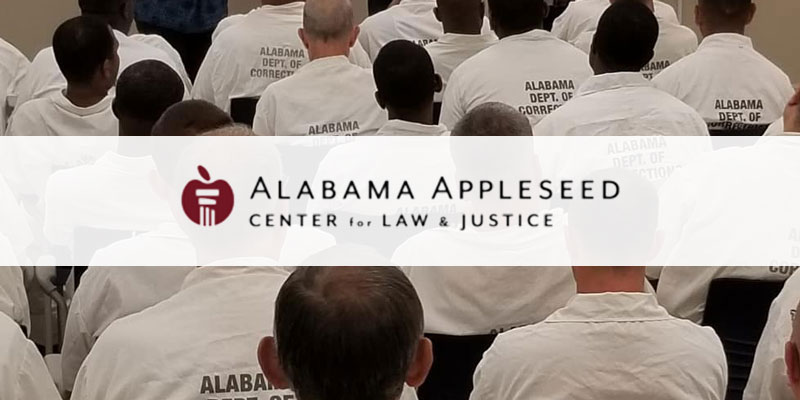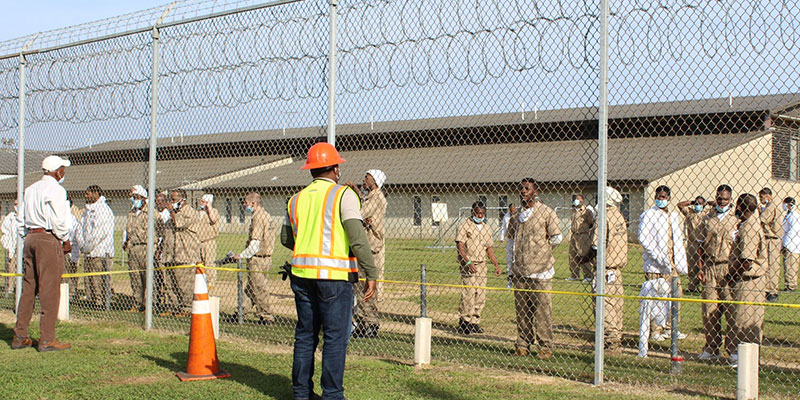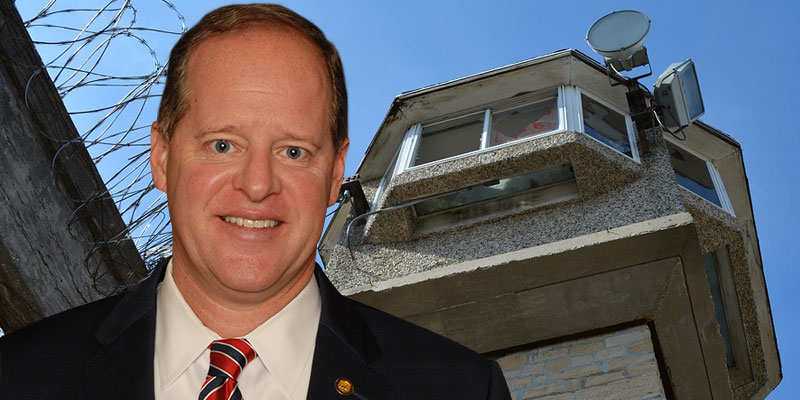The need to address Alabama’s longstanding prison infrastructure challenges is imperative.
After many months of education and substantive discussions between the Governor’s Office and the Alabama Legislature, a bipartisan proposal has been put forth to deliver an “Alabama solution” to this very real Alabama problem.
On Monday, the Alabama Legislature will convene in a special session. In addition to reviewing legislation to expand upon previously enacted criminal justice reform packages, we will work to approve legislation which would build two new male prisons and purchase and repurpose the Perry County Correctional Facility as a rehabilitation and re-entry facility. The proposal also lays out a plan to renovate three existing prisons, build a new female prison, and conduct a system wide facilities assessment once construction is complete to evaluate future needs.
The time to act is now.
Why? Public safety is paramount, and it requires proper infrastructure.
Prisons must be designed and well-maintained to safely house the most dangerous among us. “Dilapidated” should never be used to describe these types of vital public safety facilities, which are one of the keys to ensuring law-abiding Alabamians remain safe. Unfortunately, the condition of Alabama’s prison buildings has grown increasingly worse, year-over-year, for many decades. It’s a problem that will not fix itself.
And now we are at a crossroads – we must not continue to kick the proverbial can. Due to our prisons’ deteriorating physical condition, working conditions for our corrections staff are unacceptable and have contributed to staffing shortages. And, as these outdated facilities were never designed to house the people currently incarcerated in Alabama, instances of violence pose a real challenge.
Improving our criminal justice system, and thereby enhancing public safety – which we believe to be of critical importance – must begin with methodically replacing our aging, dilapidated prisons.
A prison sentence not only is a punishment, but also an opportunity to rehabilitate.
Not many realize this, but 95% of the people currently serving a prison sentence will be released back into our communities. They’ll serve their sentence, pay their debt to society, and go home as free citizens. Only a small fraction will remain in prison for life.
When inmates are released from prison, they should come home better prepared to be successful, productive members of society. They should be better educated. They should have a skill or a trade. They should be employable and pay taxes. They should be able to break their cycle of criminal behavior and become, like those of you reading this, law-abiding citizens.
Sending someone to prison – only to have them be released and commit more crime – hurts everyone.
Alabama needs safer, modernized prisons that are designed to accommodate the rehabilitation of returning citizens – a place where inmates can make a conscious choice to take advantage of more opportunities to improve their lives.
This legislation is – without question – the fiscally conservative option.
We don’t use the words “dilapidated” and “deteriorating” lightly. Our prisons are structurally failing – as in, we have shut some of them down because they are deemed too unsafe to operate – at a rate of approximately one every 24 months.
Because the maintenance of our current prisons was neglected for decades, the costs to repair them have skyrocketed. We currently face more than $1 billion in deferred maintenance costs alone, which means the state would need to spend more than one billion dollars – that’s billion with a capital “B” – just to keep our poorly designed prisons operational.
The long-term costs to Alabama’s taxpayers to keep these aging facilities from failing are simply unsustainable and far outweigh the costs of building new, better-designed facilities for a modern era.
If we don’t act, a federal court will. And federal intervention has proven to be costly.
Alabama is currently under federal court scrutiny for the conditions of our prisons. We currently operate under more than 15 different federal court orders, each with multiple and costly mandates.
Consider this: over the past five years, 85 cents of every dollar that the Alabama Department of Corrections’ budget has been increased by is directly tied to a court order. Building new facilities won’t alleviate every concern of the federal courts, but it will go a long way in proving our commitment to addressing several real needs within our criminal justice system.
The Alabama General Fund – the Alabama Budget that takes care of everything in our state other than educational needs – supports various state needs such as mental health, the court system, state troopers, conservation of Alabama’s wildlife and much, much more.
If we fail to act, Alabama potentially may be subject to even more federal court control, thereby handing our corrections system and your tax dollars over to an unelected federal judge who could dictate the way we spend our taxpayers’ money, how we protect our citizens from dangerous criminals, and other types of intervention that could last for years if not decades.
For example, California’s prison system – which did not make the types of improvements we are trying to undertake – was forced to reduce its prison population by more than 40,000 criminals and spend millions upon millions of dollars of avoidable federally mandated costs.
Alabama isn’t California – we’ve never acted like them, and we aren’t about to start now.
Critics of prison construction have claimed that Alabama can’t “build its way out of this problem” or that “money can’t rehabilitate people, only good policy can.” Those are catchy soundbites, but it’s backwards thinking. It’s like building a house from the roof-down – doomed to fail unless a strong foundation is put in place first. That’s what this legislation does – it builds a strong foundation on which we can implement sound policy.
Alabama’s leaders have developed a comprehensive solution to address our decades-old prison infrastructure problem. We’re reaching down and picking up this can once and for all because it’s the right thing to do. This is the first of many important issues we will tackle that are critical to improving our criminal justice system and changing the state’s trajectory for decades to come.
This op-ed was co-authored by: Governor Kay Ivey, Speaker Mac McCutcheon, President Pro-Tempore Greg Reed, House Minority Leader Anthony Daniels & Senate Minority Leader Bobby Singleton




